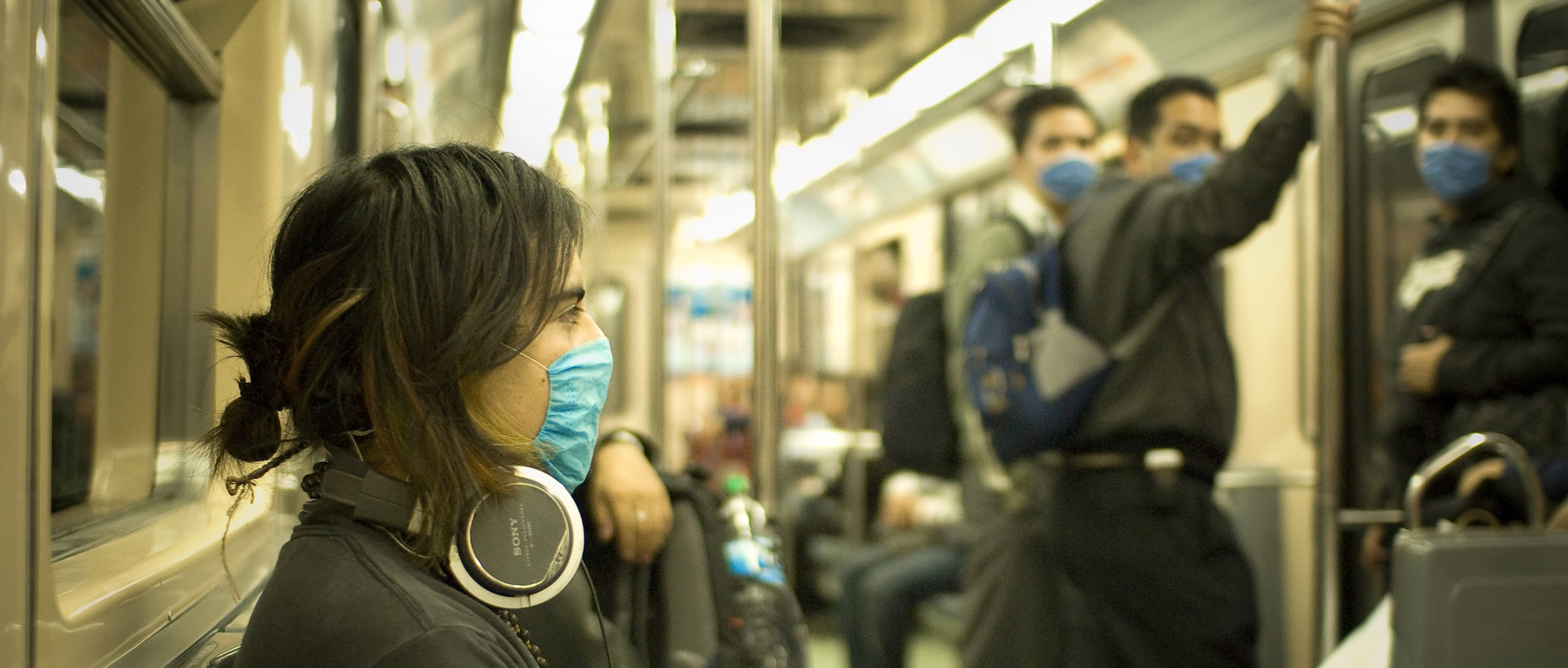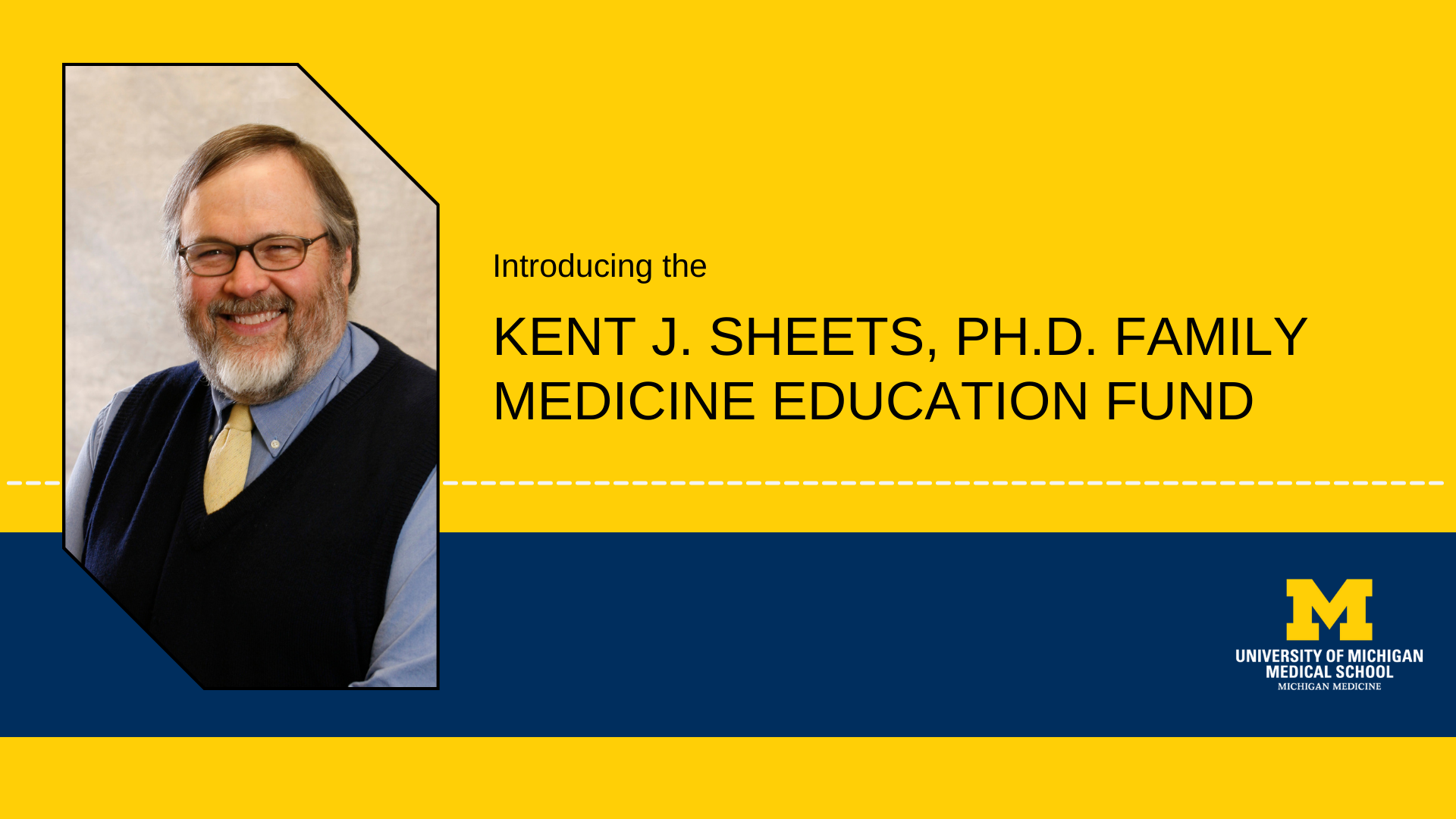When disasters like hurricanes, mass shootings, or pandemic flu strike, hospital emergency medical departments respond with life-saving medical services. But within outpatient services, primary care workers may be unprepared to help respond to sudden catastrophes and infectious pandemics.
The study, led by Micheleen Hashikawa, M.D., Clinical Lecturer, sought to understand disaster preparedness in primary care, from the perspective of leaders within clinical practices.
Written surveys and follow-up interviews were conducted with a total of twelve clinical managers and physician medical directors across five outpatient family medicine clinics. Questions centered on a hypothetical case study of pandemic influenza, modeled after the 2009 H1N1 outbreak, with the goal of assessing the primary care leaders’ perceptions and attitudes towards pandemic influenza impact and pre-planning to ensure work attendance.
The study found that clinical leaders underestimated the potential impact that pandemic influenza could have on their clinics, reporting low levels of personal disaster planning, little to no formal communication with clinic staff about professional responsibilities during a crisis, and misconceptions about the causal factors associated with pandemic influenza.
- While all 12 participants noted the importance of a general personal disaster plans, only two participants had developed such plans--which often include a set of resources that ensure that the individual can go to and remain at work during an emergency, such as transportation options, child care alternatives, and basic needs.
- None of the participants had discussed with clinic staff the importance of having a personal disaster plan.
- Two common barriers in creating a plan were low threat perception level and never considering the possibility of pandemic influenza.
- Only half of respondents could list common barriers preventing staff from working. Staff may have been overconfident employees would come to work during a disaster.
“Outpatient health care professionals are often an untapped, large resource that could help deal with the less acute, non-surgical cases during a large scale disaster only if they are prepared and organized in advance,” says Dr. Hashikawa.
The study was published online on January 28, 2018, in the February issue of Disaster Medicine and Public Health Preparedness
According to the Centers for Disease Control and Prevention’s (CDC) most recent National Ambulatory Medical Care Survey in 2015, general and family practice together ranked first in the physician specialty group that saw the greatest number of patient office visits yearly. Primary care plays a key role in health care delivery, and can have a huge impact on disaster victims during natural and man-made disasters if they are able to help.
“Outpatient primary care workers will become essential staff, especially in an infectious pandemic, to extend the surge capacity of hospital and emergency departments by operating outpatient health clinics,” the paper notes. Dr. Hashikawa adds that “surveys also show that patients prefer getting information and be seen by their PCPs, who they know and trust during a disaster rather than through the media and other health care or government organizations."
“Our hope is that national and regional disaster committees and medical systems and public health departments will engage with ambulatory care leaders to ensure this sector of the medical community are prepared and can lend aid to large hospital care systems during a disaster.”

With six years of clinical experience in the Department of Family Medicine, this paper is the result of Dr. Hashikawa’s first formal research endeavor. Additional authors include senior author Katherine J. Gold, M.D., M.S.W., M.S., Assistant Professor of Family Medicine and Obstetrics and Gynecology.
Article Citation: Hashikawa M, Gold KJ. Disaster Preparedness in Primary Care: Ready or Not? Disaster Medicine and Public Health Preparedness. 2018;12(1). doi:10.1017/dmp.2017.136.




